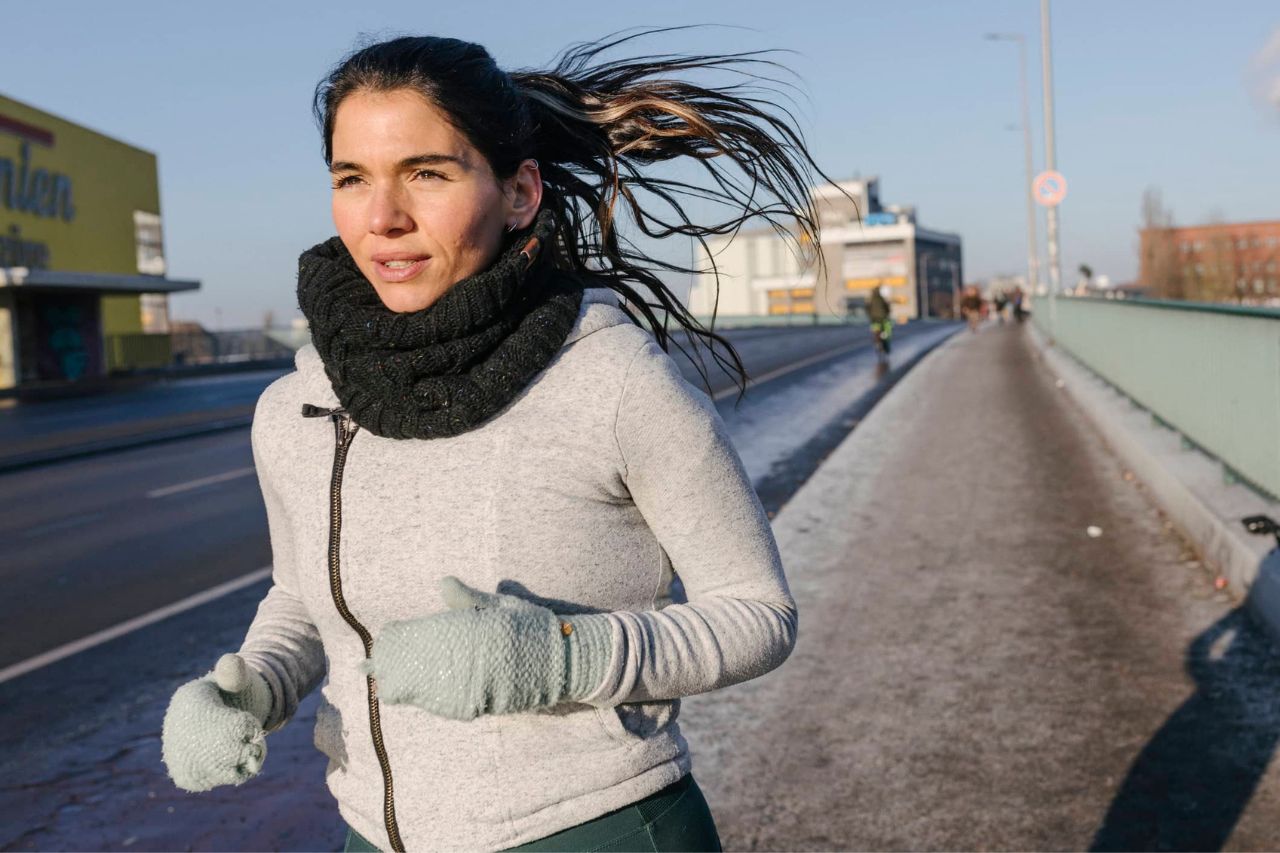What Is RSV
.jpg?rev=16ca044e769d4f7693ae0d6e9e280dd3)
What Is RSV?
Respiratory syncytial virus (RSV) is a common infection of the respiratory tract and lungs. It typically causes mild symptoms like those of a cold. However, people with specific risk factors can develop severe cases of RSV. Infants, adults over 65, and people with compromised immune systems can get sicker from the virus and require medical care. In fact, RSV is the leading cause of hospitalization for infants in the U.S.
This article explains what RSV is and how to protect yourself and your family.
RSV Symptoms
People with RSV typically develop symptoms four to six days after exposure. In a mild case, they may experience:
- Runny nose
- Congestion
- Sneezing
- Dry cough
- Sore throat
- Low-grade fever
- Headache
Symptoms of a severe case of RSV include:
- Higher fever
- Severe cough
- Trouble breathing or rapid breathing
- Wheezing (typically when exhaling)
- Cyanosis (bluish color of the skin from lack of oxygen)
Infants with severe RSV may also have symptoms like short, shallow breathing, breathing difficulties that cause the chest muscles and skin to pull inward with each breath, irritability, unusual tiredness, and poor feeding.
Important note: It’s essential to get immediate medical attention for anyone with a fever of 103 degrees Fahrenheit or higher, trouble breathing, or bluish skin, lips, or nail beds.
How RSV Spreads
People with RSV are typically contagious for up to eight days and may be contagious starting a few days before they develop symptoms. Infants and people with weakened immune systems who can’t fight the virus effectively can continue to spread it for around a month.
RSV often moves from person to person through sneezing or coughing. The illness can also be transmitted through physical contact, like when a parent kisses the face of their child who has the infection.
In addition, RSV can spread through contaminated surfaces, where it can survive for several hours. For example, someone might touch a doorknob, tabletop, or grocery cart handle with the virus on it and then touch their face.
As with many respiratory illnesses, most cases of RSV occur in the fall and winter. One reason for the higher incidence is that people spend more time indoors and close to one another.
Pregnancy and the RSV Vaccine
The American College of Obstetricians and Gynecologists recommends that people who are 32 to 36 weeks pregnant from September to January get vaccinated against RSV. You can receive the vaccine along with other recommended vaccines during pregnancy.
The vaccine prompts your immune system to create antibodies that pass to your unborn baby. The antibodies help protect them from the virus for six months after birth.
If you don’t qualify for the vaccine or don’t receive it during the recommended time frame, your baby can get an injection called nirsevimab. It’s not a vaccine but rather an antibody product that can protect them from RSV.
Typically, you should get vaccinated, or your baby should receive the nirsevimab injection. Your doctor can discuss which approach is best for your baby.
How To Prevent RSV
RSV is a common illness that spreads quickly and can become a severe infection for some people. However, you and your loved ones can do the following to help protect each other from the virus:
- Practice good hygiene, like coughing and sneezing into your bent elbow rather than your hands.
- Wash your hands frequently with soap and water.
- Sanitize commonly touched surfaces and objects regularly.
- Stay home if you are sick and avoid others (if possible) when they’re ill.
- Hold gatherings outdoors when feasible.
- Keep the air in your home clean by bringing in outside air periodically or using an air purifier.
- Wear a mask in public places and practice physical distancing.
- Get tested for RSV if exposed to someone who has it.
Talk With Your Baptist Health Doctor About RSV
If you have questions or concerns about RSV, your doctor is happy to answer them. If you don’t have a Baptist Health physician, you can find one using our online provider directory.
Next Steps and Useful Resources:
Learn More About Respiratory Care
Find a Respiratory Provider
RSV Cases Unseasonably High: What Parents Need to Know
Respiratory Infection Side Effects



